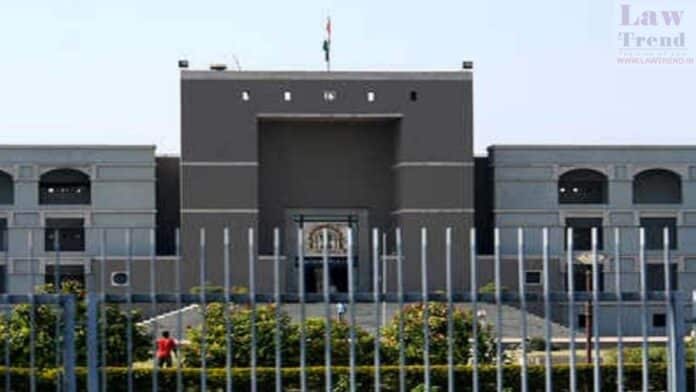The Gujarat High Court has affirmed the 2015 acquittal of six men accused of the murder of three British nationals and their Indian driver during the 2002 Gujarat riots. Justices AY Kogje and Samir J Dave found the prosecution’s evidence insufficient to warrant a conviction, maintaining the verdict issued by a sessions court.
The case pertained to the brutal mob attack on February 28, 2002, which resulted in the deaths of Saeed Safik Dawood, Sakil Abdul Hai Dawood, Mohammad Aswar, and Yusuf Suleman Peragar. The victims’ vehicle was attacked and set on fire by a mob, leading to the tragic demise of the individuals under horrific circumstances.
The six accused, including individuals identified as Mithabhai, a school teacher, and Rameshbhai, a farmer, were charged with multiple serious offenses such as murder, attempted murder, rioting, arson, and destruction of evidence. Despite these charges, critical gaps in the prosecution’s case contributed to their acquittal. The high court highlighted several issues, including unreliable identification parades and discrepancies in witness testimonies.
The survivor of the attack, who also sustained injuries, identified the accused several years after the incident. However, the high court noted the identification was uncertain, with the survivor stating the accused only “somewhat” resembled the attackers when presented in court. This lapse of time and the vague recollection raised doubts about the accuracy of the identification.
Furthermore, the court pointed out inconsistencies in the evidence regarding Mithabhai’s school attendance records and the motorcycle allegedly used by Rameshbhai in the crime. The absence of recovered weapons or any stolen items from the scene also weakened the prosecution’s case.
The investigation initially stemmed from an anonymous tip rather than concrete evidence, which the court criticized for its lack of robustness. Additionally, the reliance on an anonymous fax sent to the British High Commission, which named the accused, was deemed a shaky foundation for a serious criminal case.
This case was among those revisited by the Special Investigation Team appointed by the Supreme Court in 2008, which aimed to reinvestigate several cases related to the 2002 riots. Despite these efforts, the High Court observed overwhelming inconsistencies and the necessity for substantial evidence to overturn an acquittal.




